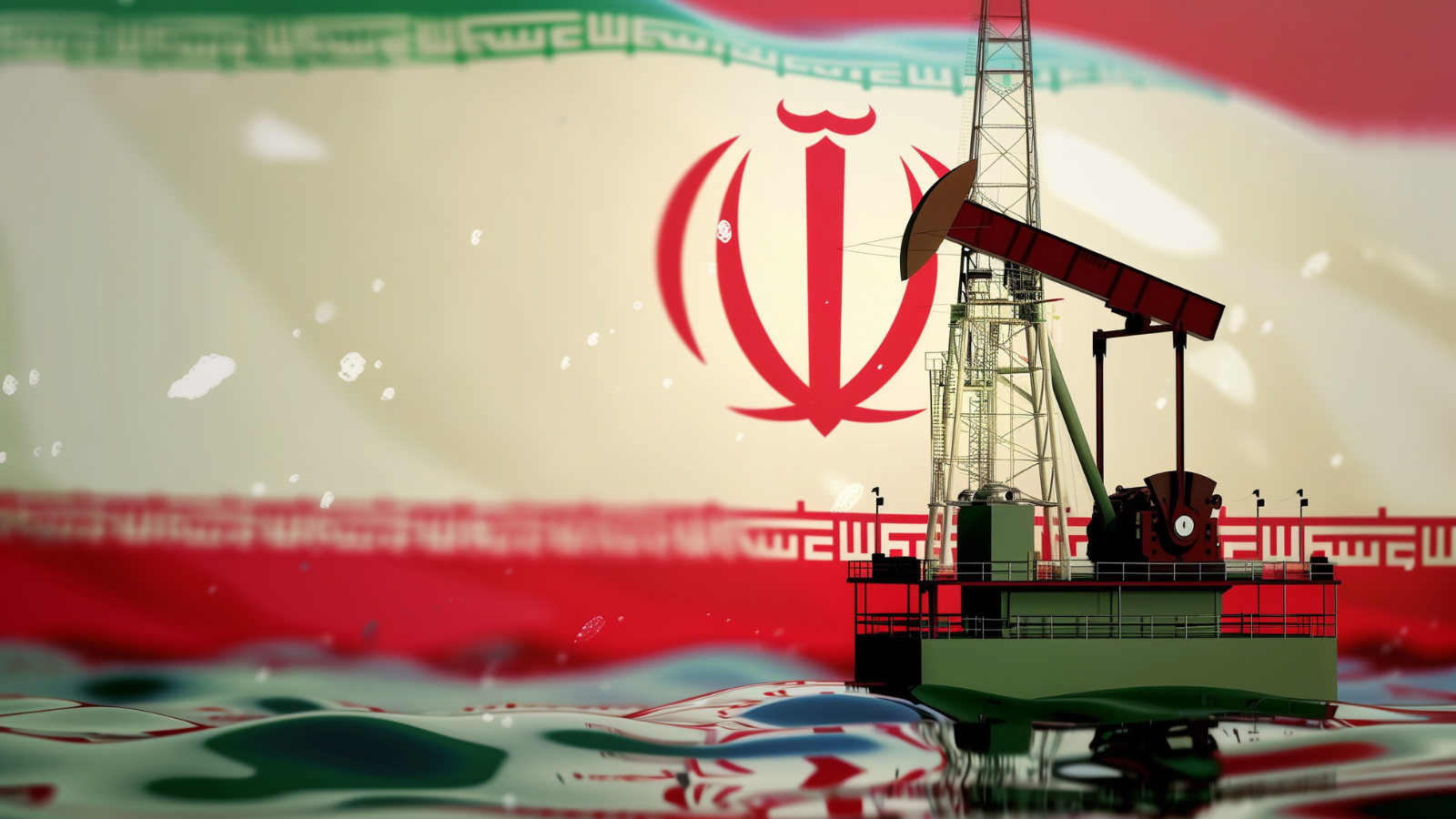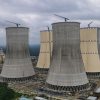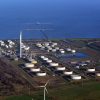Mohammad Sadegh Karimi, Head of Energy Affairs at Iran’s Plan and Budget Organization, explained the details of a recent resolution by Iran’s Economic Council aimed at facilitating investment in upstream oil industries. He said:
“In cooperation with the Ministry of Petroleum, we conducted studies on investment in the upstream oil sector and identified several obstacles. Therefore, in the recent resolution passed by the Economic Council regarding the facilitation of investment in the oil industry, two major actions were taken.
Firstly, we worked to make upstream oil contracts more appealing through various mechanisms, enabling investors to more easily finance and direct capital into this sector, so that production and investment can occur in an economically viable and attractive area.
Secondly, we addressed the lengthy processes involved in reaching a contract and subsequently initiating investments. For example, when we tried to define a financial model and inform the investor of the potential profit they might receive, our assumption was typically a return of 18–19%. Based on this, we calculated how much revenue per barrel of oil would go to the investor or how long it would take to return their initial capital.”
Karimi added:
“The rate of return in upstream oil investments is calculated in foreign currency, primarily in dollars. In financial markets where such investments are sourced, the typical return is only about 2–3%. However, with the new contracts, investments in this sector are becoming more attractive. The current administration and the Economic Council have decided to allocate a larger share of the economic value generated to investors to accelerate and expand project implementation.”
Details of the Resolution to Facilitate Investment in Upstream Oil and Gas Industries
At its May 1st meeting, Iran’s Economic Council approved a resolution titled “Facilitating the Conditions for Upstream Oil and Gas Contracts” to increase crude oil production to 4.8 million barrels per day and natural gas production to 1.34 million cubic meters per day. The resolution was officially communicated on June 2 by Seyed Hamid Pourmohammadi, Deputy President and Head of the Plan and Budget Organization, to the Ministry of Petroleum.
Key provisions of the resolution include:
- The National Iranian Oil Company (NIOC) is required to set the internal rate of return (IRR) for upstream oil and gas contracts between 20% and 23%.
- For Iranian investors, the financing cost rate will be equal to the interest rate declared by the National Development Fund for upstream oil and gas projects plus 2%.
- The NIOC must use the financing guidelines for upstream contracts approved by the National Financing Council on November 12, 2024, to fund these contracts.
- If the cumulative production resulting from investor actions exceeds the forecasted amount in the Council’s resolution, the investor is eligible to receive a bonus for excess production.
- The Ministry of Petroleum may simultaneously submit the project approval request and relevant documents for exemption from tender requirements to the Plan and Budget Organization.
- The NIOC is required to accept or reject proposed development plans from investors or exploration and production companies within three weeks of submission.






